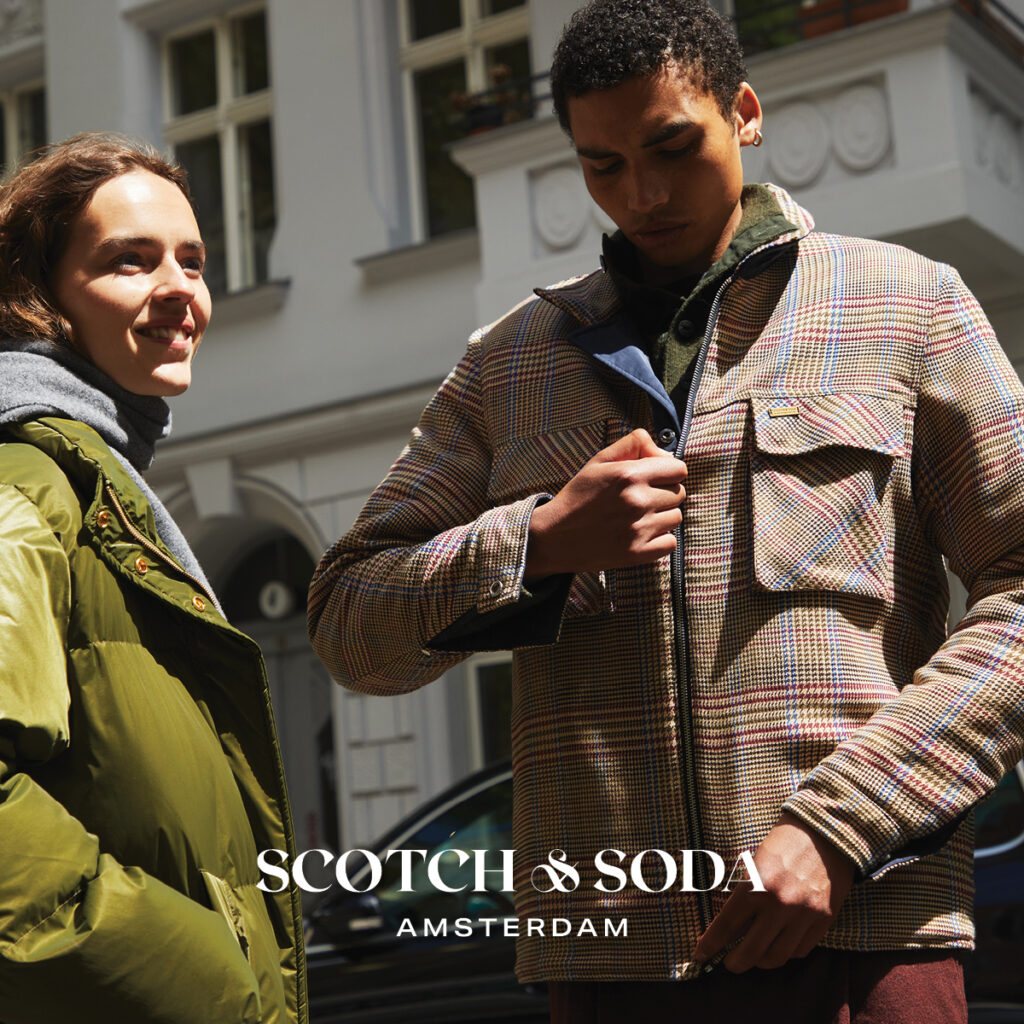_NEWS
What is SUSTAINABILITY ?
The term sustainability is broadly used to indicate programs, initiatives and actions aimed at the preservation of a particular resource. However, it actually refers to three distinct areas:
Social, Economic and Environmental – known as the three pillars of sustainability.
The principle of these three pillars states that for complete sustainability problems to be solved, all three pillars of sustainability need to be maintained. Although in some cases these may overlap, it is important to identify the specific type of green business to focus on, as the three types present unique characteristics. Businesses need to make a strategic decision about it so as to effectively incorporate the chosen approach into their policies and procedures. As we are in the business of ‘clothiers’, we are going to indulge in the latter of the three pillars.
Environmental sustainability aims to improve human welfare through the protection of natural capital (e.g. land, air, water, minerals etc.). Initiatives and programs are defined as environmentally sustainable when they ensure that the needs of the population are met without the risk of compromising the needs of future generations. It places emphasis on how business can achieve positive economic outcomes without doing any harm, in the short or long-term, to the environment.
From fast fashion to designer, the list of ways we consume fashion that have an adverse effect on our environment and other species is a long one. Apart from consuming less, recycling and repairing, can we find clothes and textiles which are more sustainable? And if you have to buy new clothes, which fabrics should you look out for?
Here are five materials which could help in the drive for a more sustainable way of life. All these fabrics are very much used by the brands we represent, especially in their new collections.
Organic Cotton – Organic cotton is cotton that has been grown on land that has been certified as being free of pesticides for at least three years, and from plants that are not genetically modified. When cotton is produced organically, it requires significantly less water to grow and is free from pesticides.
Tencel ( Lyocell) – Tencel is the trademark brand name of Lyocell supplied by the Lenzing Group. The Lenzing Group is a market leader in the production of botanic fibre. Lyocell is a man-made fibre produced from wood pulp ( cellulose, often from the eucalyptus tree which is a rapidly growing renewable source) with a low environmental impact. The production of Tencel is a closed-loop process, the solvent is non-toxic and can be recycled. More info can be found at lenzing.com
Recycled fibre – A recycled fibre is made from an existing source, this can either be pre or post-consumer. Recycling fibre reduces the need to create new virgin fibre thus reducing textile waste. This season, look out for recycled cotton, polyester and linen in the Scotch & Soda collection.
Linen – A historic fabric that is still in vogue today for a variety of uses. Linen is made from a natural source; the fibres of the flax plant.
BCI Cotton – BCI stands for the Better Cotton Initiative. An international initiative to bring together different stakeholders to act together to reduce the environmental and social impact of cotton production.


